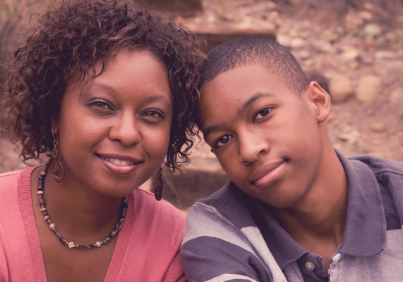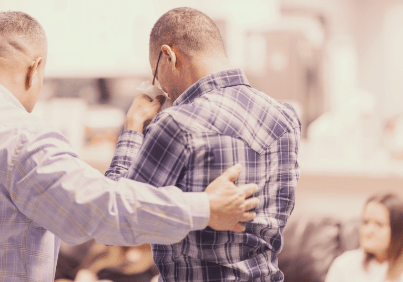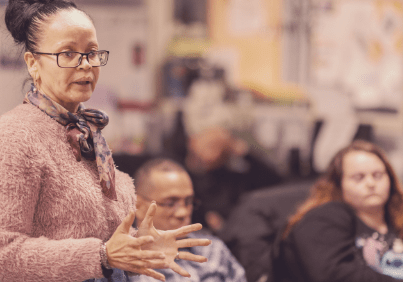My loved one needs help
There is help and
change is possible.
Substance use disorder, often called addiction, is a chronic disease that requires treatment, support, and new coping skills. No one’s experience with substance use disorder is the same – some people might want help, but some people might not be ready to try treatment. It’s important to know that whether or not your loved one is ready for treatment, there is still hope and help, for your loved one and for you.
You can take steps to help your loved one, your family, and yourself. Call the Helpline at 800.327.5050 to get information and referrals tailored to you and your loved one.

For parents
Learn about youth & young adult services.

Harm reduction
Learn about harm reduction strategies and services.

Treatment
Learn about available treatment services.

Recovery
Learn about recovery services and supports.
Video spotlight
How to
help someone.
01.
It requires treatment, support, and new coping skills.
02.
It can be hard to help someone when you need encouragement, too, and connecting with a community that understands your experiences can provide a supportive space for you. This could look like joining a peer support group like Al-Anon or Learn2Cope, a community coalition, an advocacy group, or a learning community like the Helpline Champions. Search for support resources.
03.
It can be very hard to be vulnerable and talk openly about substance use, so it’s important to approach the conversation in a non-judgmental way. Non-judgmental listening means that you are trying to hear, accept, and understand their feelings, values, experiences, even when yours might be different. Choose a time to talk when you feel calm and open so you can focus on supporting your loved one. SAMHSA has some tips about talking to someone about getting help.
04.
Let them know you are there to listen if they want to share, and to support them. You can offer to go with them if they are ready to seek help. If they are not ready to try treatment, you can guide them to harm reduction services available near you, including overdose prevention services.
05.
Stay involved once your loved one has started their recovery process and know that setbacks can be a part of that process.

Reach out
Take care of
yourself.
Connecting with people who have similar experiences can help you feel heard and understood. Support groups, community coalitions, and advocacy groups are good options to find others who are or have been in similar situations.
We’re here for you.
You’re not alone. Call 800.327.5050 to talk with a Helpline Specialist who can connect you to support services, chat with us online, or search for support.
Get to know Christian.

